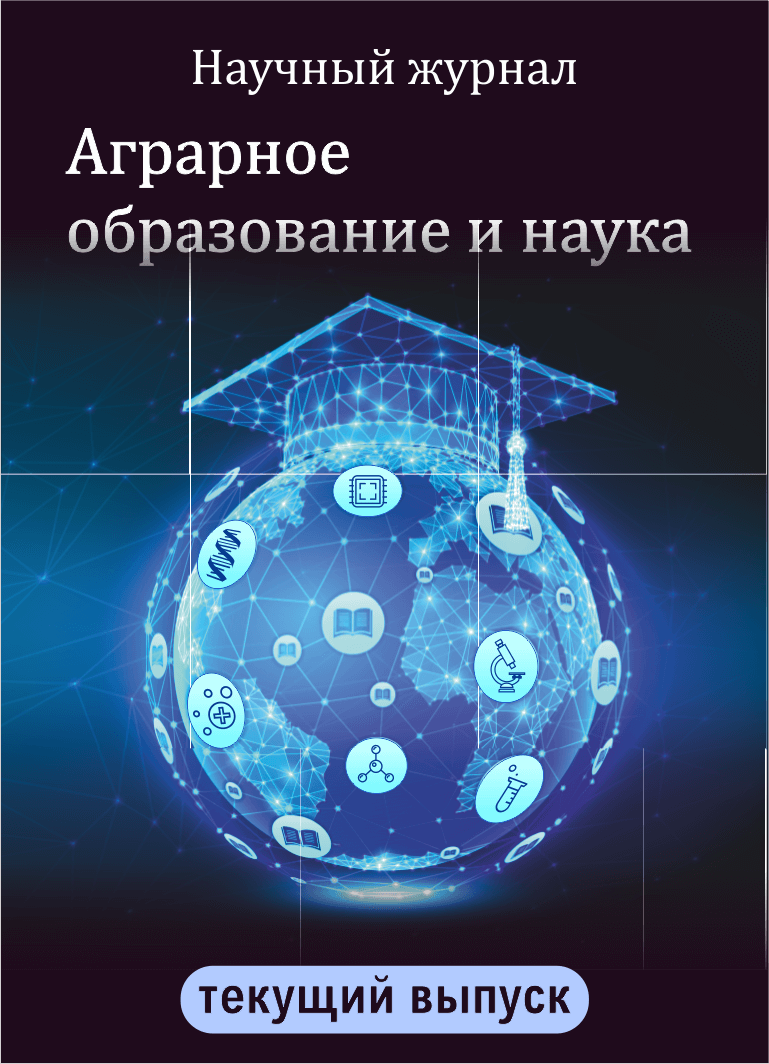S.N. Nekrasov, doktor filosofskih nauk, professor,
D.S. Sosnovskih, starshiy prepodavatel
UrGAU.
The rise of information society has coincided with the crisis and artificial – the result of the defeat of our country in the cold war – "the loss of the Russian history" in the 1990s, But now, in the beginning of the new Millennium begins a gradual and careful, "the return of Russian history". In the field of social philosophy, this process is consistent with the return of people to theory. In modern Russia there is not one society, but several at the same time and they look like special fragments of the mosaic of the information society. The process of development of human creative potential is implemented in the post-modern world of alienation in the wrong form of progress of the "society of professionals", training of a qualified employee. In fact, postindustrial technologies and the dominance of creative activity associated with the self-realization of human activity-communication, is a manifestation of the death of the era of domination of material production. The return of Russia to history means that the leader of this process is the most affected by the collapse of material production civilization – Russian civilization, which in its crisis development goes on the rails of post-industrialism. This process is consistent with the return of people and their non-material practice to social theory as the most important agents of social transformation of post-industrial society.
References:
1. Dugin A.G. Obschestvovedenie dlya grazhdan Novoy Rossii. M.: Evraziyskoe Dvizhenie, 2007. s. 102-103
2. Dugin A.G. Obschestvovedenie dlya grazhdan Novoy Rossii. M.: Evraziyskoe Dvizhenie, 2007. s. 94-95
3. Dugin A.G. Obschestvovedenie dlya grazhdan Novoy Rossii. M.: Evraziyskoe Dvizhenie, 2007. s. 712.
4. Fukuyama F. Konets istorii i posledniy chelovek. M.: AST, 2010.
5. Soros D. Krizis globalnogo kapitalizma. M.: INFRA-M, 1999.
6. Buzgalin A.V. Neomarksizm (k teorii sotsializma postindustrialnoy epohi: ot totalnoy gegemonii kapitala k pozitivnoy svobode) // Kriticheskiy marksizm: prodolzhenie diskussiy. Izd. 2. M.: Slovo, 2002. s. 32.
7. Kastronova E. Begstvo v virtualnyy mir. Rostov n. D: Feniks, 2010. s. 214.
8. Buzgalin A.V. Neomarksizm (k teorii sotsializma postindustrialnoy epohi: ot totalnoy gegemonii kapitala k pozitivnoy svobode) // Kriticheskiy marksizm: prodolzhenie diskussiy. Izd. 2. M.: Slovo, 2002. s. 36.
9. Nikolaev A.I., Nikolaev I.V. Oschuscheniya chetvertogo poryadka. S-Pb.: izd. I.V. Nikolaeva, 2006.
10. Mihaylov V.V. Sotsialnye ogranicheniya: struktura i mehanika podavleniya cheloveka. M.: izd. LKI, 2011.
11. Groys B. Kommunisticheskiy postskriptum. M.: Ad Marginem, 2007. S.42.
12. Groys B. Kommunisticheskiy postskriptum. M.: Ad Marginem, 2007. S.119.
13. Balandin R. Narkotsivilizatsiya. Mnimaya realnost. M.: Eksmo, 2003.
14. Burlatskiy F.M. Novoe myshlenie. Dialogi i suzhdeniya o tehnologicheskoy revolyutsii i nashih reformah. M.: IPL, 1988.
15. Trizman D. Ot Gorbacheva do Putina i Medvedeva. Bespristrastnyy vzglyad na sovremennuyu Rossiyu. M.: EKSMO, 2012.
16. Amartya Sen. The argumentative Indian. Writings on Indian history, culture and identity. London: Penguin books. 2005. P. 120.
17. Fernandez-Gotz M. Urbanization in Iron Age Europe: Trajectories, Patterns, and Social Dynamics // JOURNAL OF ARCHAEOLOGICAL RESEARCH. Vol. 26. Iss. 2. Pp. 117-162. Published: JUN 2018.











